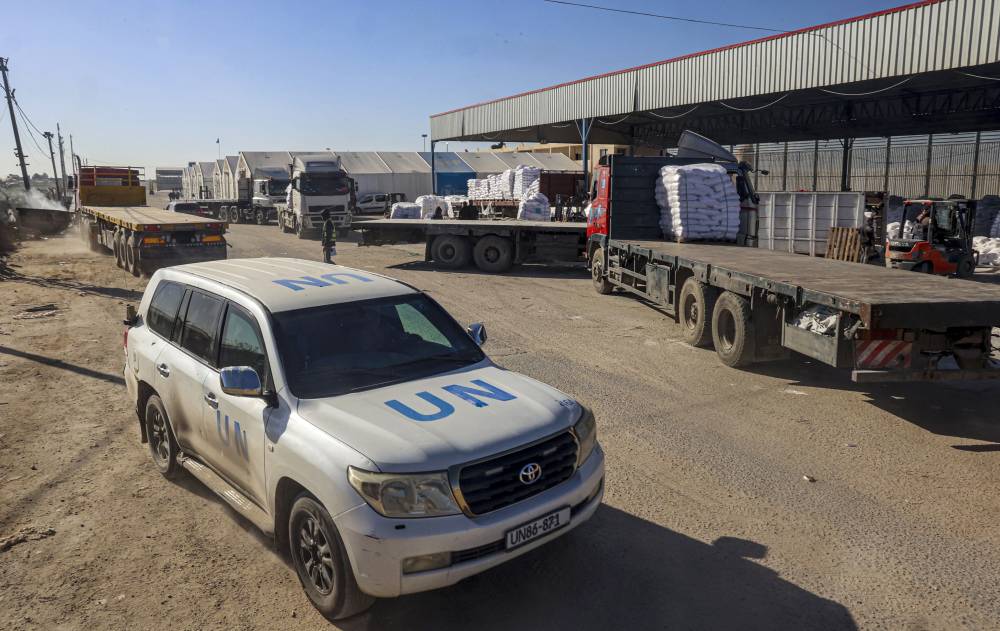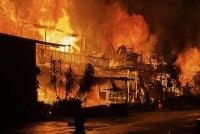Aid delivered to Gaza in February fell 50 per cent - UNRWA
Among the obstacles to aid delivery were lack of political will, regular closing of the crossing points, lack of security due to military operations and collapse of civil order.

KUALA LUMPUR - Humanitarian aid that entered Gaza this month fell 50 per cent compared to January, according to the United Nations Relief and Works Agency for Palestine Refugees (UNRWA).
"Aid was supposed to increase, not decrease, to address the huge needs of 2 million Palestinians in desperate living conditions,” said Commissioner-General of UNRWA, Philippe Lazzarini, on social media platform X on Monday.
He said among the obstacles to aid delivery were lack of political will, regular closing of the crossing points, lack of security due to military operations, and collapse of civil order.
He said a ceasefire, along with "lifting the siege to allow meaningful lifesaving aid and commercial supplies, are long overdue.”
UNRWA in its latest situation update said on average, nearly 98 trucks are entering the besieged enclave daily this month - far below the target of 500 per day.
The agency also reported that ground operations and heavy fighting continue across Gaza Strip, particularly in northern Gaza, Deir al Balah and Khan Younis.
"Increased airstrikes in Rafah, including in residential areas without prior warnings, have heightened fears that they will further hamper overstretched humanitarian operations.
"Nearly 1.5 million people are in Rafah, more than six times the population before Oct 7,” it said.
Meanwhile, the United Nations Population Fund (UNFPA) reported on Monday that newborns are dying in Gaza because their mothers are unable to attend prenatal or postnatal check-ups, while bombings and anxiety are leading to premature births.
The agency said there are only five beds for deliveries at the Al Helal Al Emirati maternity hospital in Rafah, one of the few remaining functioning hospitals in the enclave, according to United Nations in its latest press release.
Despite the lack of basic supplies such as sheets, the facility recently coped with 78 deliveries in one night alone, it added.
Israel has launched a deadly offensive on the Gaza Strip since Oct 7, 2023, killing at least 29,782 people and causing mass destruction and shortages of necessities. - BERNAMA
Download Sinar Daily application.Click Here!














